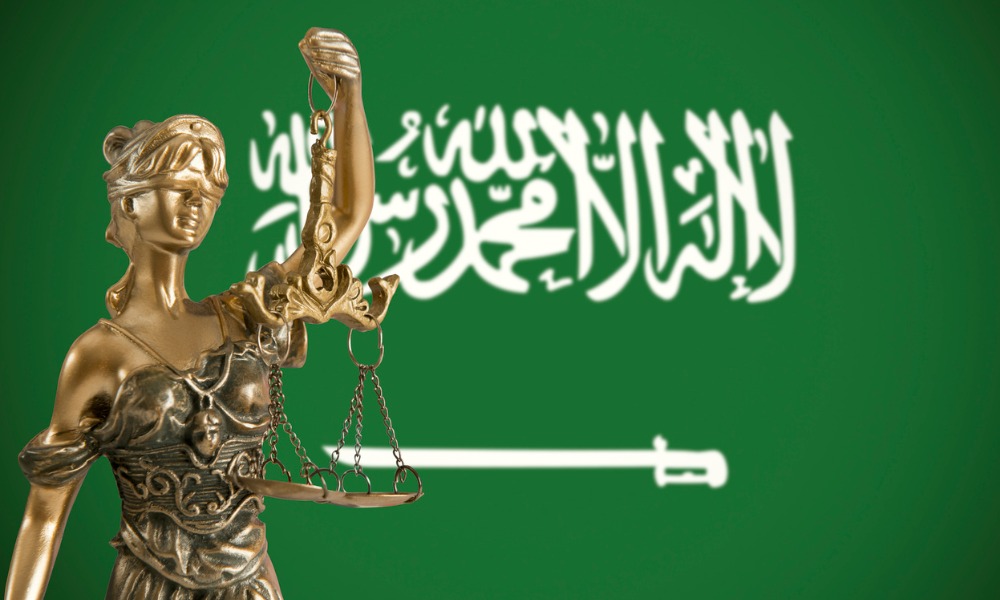
Diplomatic missions accused of failing to pay employee entitlements under Fair Work Act

The Federal Court has set aside a ruling declaring that the Kingdom of Saudi Arabia’s diplomatic missions had been validly served with initiating process in a case involving alleged employment law breaches.
The case is Saudi Arabian Cultural Mission v Alramadi, [2024] FCA 1060. In October 2021, 17 individuals who were supposedly former employees of the Saudi Arabian Cultural Mission or the Royal Embassy of Saudi Arabia in Australia (Cultural Office) claimed that the purported employers violated the Fair Work Act 2009 by failing to pay employee entitlements.
Because the purported employers were diplomatic missions of Saudi Arabia, s. 24 of the Foreign States Immunities Act 1985 (FSIA) required the employees to serve their initiating process through the proper diplomatic channel, specifically via delivery to Australia’s attorney-general.
The attorney-general would then transmit the filings, through Australia’s Department of Foreign Affairs and Trade, to the foreign state’s equivalent department. The foreign affairs department would issue a certificate under s. 40 of the FSIA upon effecting the service.
In this case, the foreign affairs department certified that it effected the service of the employees’ filings when its representative hand-delivered the documents to a deputy head of the Royal Embassy of Saudi Arabia in Canberra in July 2022.
In February 2023, the purported employers requested the summary dismissal of the proceedings based on their diplomatic immunity from the court’s jurisdiction. In October 2023, the lower court refused to dismiss the proceedings. It decided that the purported employers had been properly served through the diplomatic channel.
The purported employers appealed and tried to set aside the unfavourable ruling of the lower court.
They argued that service via the diplomatic channel under s. 24 required the delivery of the documents to the Ministry of Foreign Affairs of the Kingdom of Saudi Arabia, not to the Royal Embassy of Saudi Arabia in Canberra, except if the head of the diplomatic mission authorized this manner of service. They alleged that the manner of service in this case lacked the head’s consent and offended the inviolability of the diplomatic missions.
The Federal Court allowed the appeal and set aside the service of the documents on the Royal Embassy of Saudi Arabia in Australia for being ineffective.
The court ruled that the manner of service in this case did not comply with the required procedure for serving legal claims on a foreign state. The Saudi embassy in Canberra was not Saudi Arabia’s department or organ equivalent to Australia’s foreign affairs department, the court found.
The court also concluded that the judge of the lower court failed to rule upon the claims of diplomatic immunity from jurisdiction. The court noted that the purported employers made detailed written submissions addressing the issue of immunity and never abandoned their claim that they were entitled to immunity.